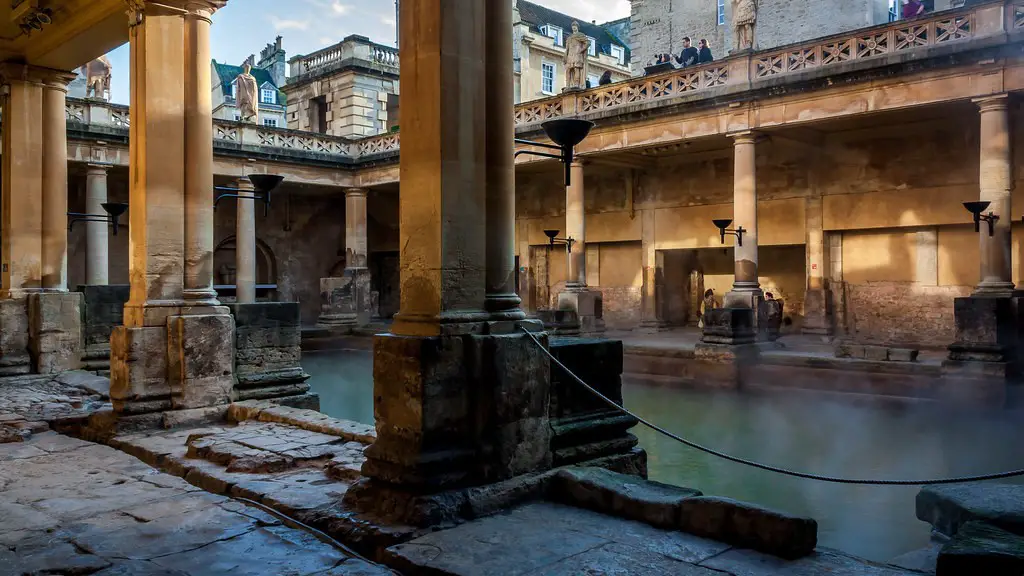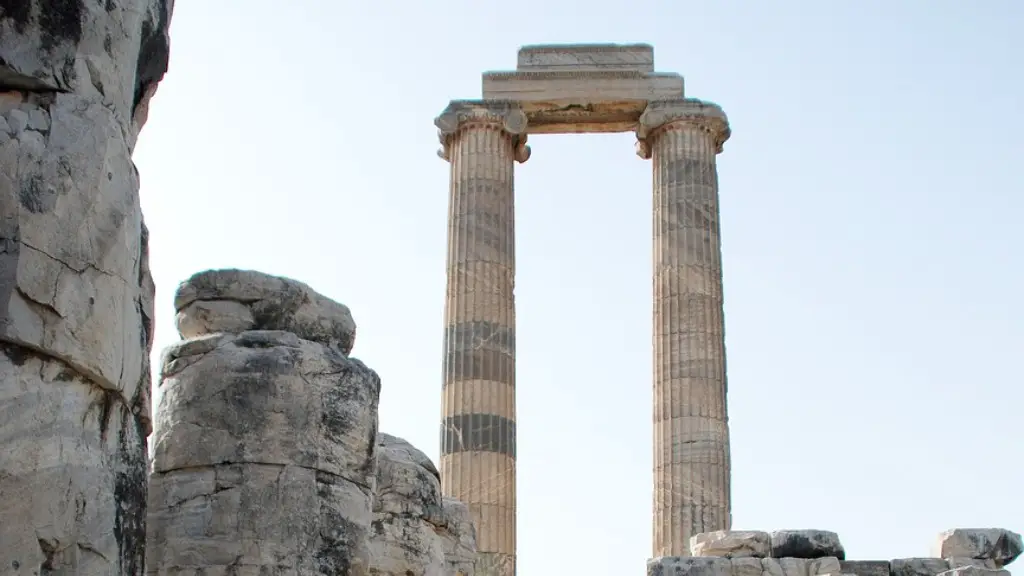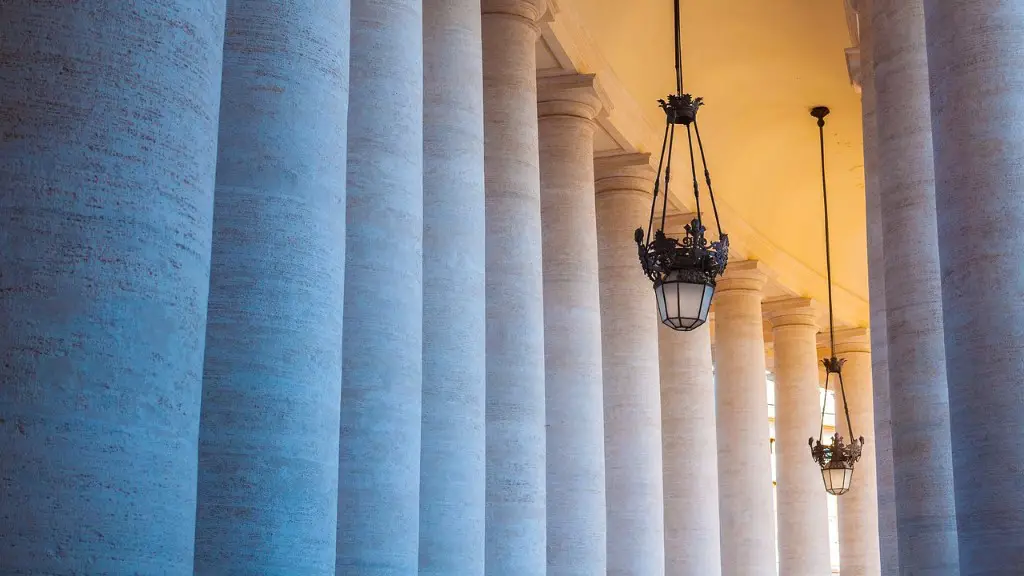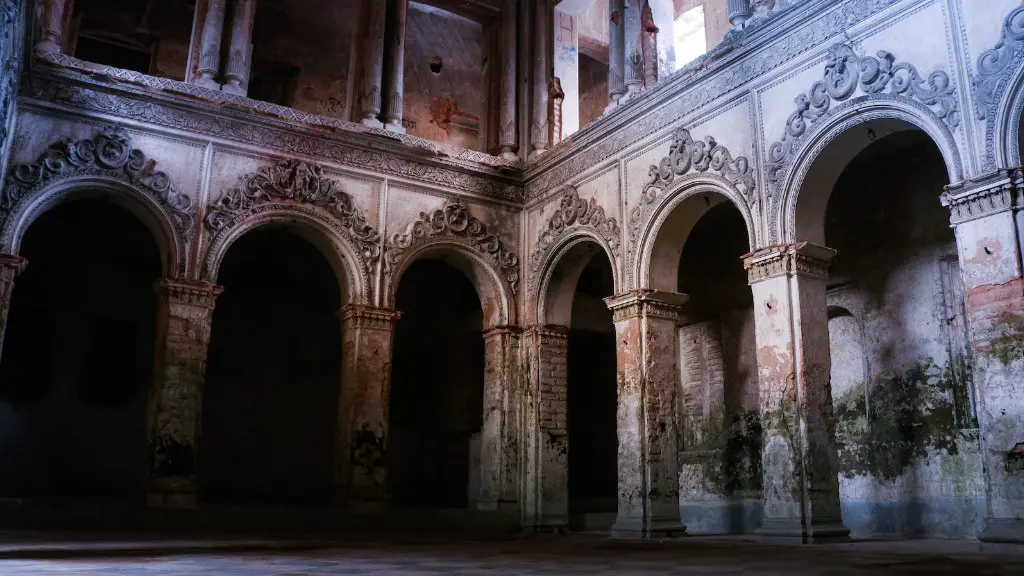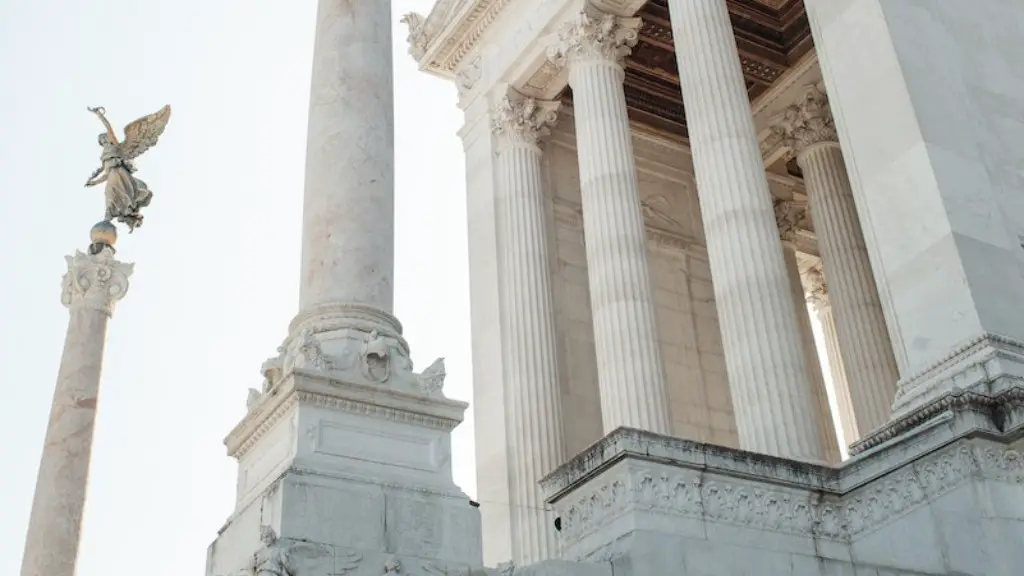The Society
Life for the ancient Romans was deeply rooted in their societies. The three main social classes, patricians (the upper class), Plebians (the lower class) and the slaves had very different lifestyles. Patricians enjoyed a life of comfort and privilege, with expensive delicacies, luxurious baths and leisure activities. They had their own private guard, the Praetorians, and held onto their wealth and power often through marriage alliances. Plebians, while they could earn higher incomes and work in skilled jobs, still lived with the stigma of belonging to a lower class. They were often excluded from important political activities, living in slums and able to be coerced into doing low-paid labour by the patricians. Slaves, on the other hand, while they weren’t considered citizens, were protected under law and could even buy their freedom, using their slave earnings.
The lives of ordinary citizens were very different depending on their social standing and which parts of the Roman empire they lived in. In Rome, for example, the citizens had access to all the elaborate amenities of the city such as the forum, baths, and entertainment. The architecture of the city was also amazing, with most of the buildings such as the Colosseum and Pantheon still standing today. In the countryside, the lifestyle was more rustic, forgetting the hustle and bustle of the city life in favour of a simple farming lifestyle.
The Economy
The economy of the Roman empire was exceptionally strong and stable. With their Pax Romana period (the two centuries of Roman peace) lasting from 27 BC to 180 AD and a robust legal system that harshly punished any laws being broken. They introduced currency, varying in value depending on the part of the Roman empire, that facilitated an exchange of goods and services. They also traded with other empires throughout the Mediterranean such as Egypt and Syria, importing luxury goods such as silk, spices, and fruits. This gave them access to resources from far-off lands that otherwise wasn’t accessible.
The economy was largely based around agriculture and was so efficient that the concept of a Roman holiday was created, with festivals and feasts taking up much of the calendar. Animals were also widely used for entertainment, whether it be in the famous Colosseum or Roman theatre sing-alongs- these events commonly helped bring in revenue and kept people entertained.
The Education System
Education was vital in Rome and was taken very seriously. From an early age, Roman children were taught by their parents the importance of obeying their elders and were encouraged to study and excel in their studies. During their teenage years, they were under the instruction of teachers, as schools became more widespread in the Roman empire. Boys were typically taught by grammar masters and one of the most famed Roman educators, Quintilian, set the expectations for future students.
Both boys and girls, from wealthy households, were instructed in the traditional art of rhetoric which was very important in Roman society. Rhetoric was about debating and expressing one’s knowledge and opinions on certain topics. Legal knowledge was also part of the education system as it was seen as necessary to live a life of privilege, wealth and power. The schools strived to develop independent thought outwardly and encourage learning across the whole society.
The Entertainment and Pastimes
The social life in ancient Rome was incredibly vibrant. There were courts of justice, festivals and celebrations all year round, including sacrifice rituals and processions in honour of their leaders. Rome was home to many theatres, circuses, and stadiums, queued with people hoping to witness the amazing gladiatorial shows and plays. Many of the Romans enjoyed horseback riding, playing ball games, watching wild animal fights and participating in chariot races. Other activities included swimming, watching acrobats, and playing board and dice games.
The most popular form of recreation for those with a keen ear for music was attending concerts. Performing skills such as singing and playing instruments were taught and their wealth of culture had a significant impact on their music. By blending different elements from other societies and drawing on the poetic lyrics of Homer, the creators of music in Rome could easily captivate their audiences.
The Government and Legal System
The Roman government was comprised of a Senate and a Senate House in each city, where the provincial governors or Senators presided over judicial proceedings and the enforcement of laws. There was also an elected leader, known as the Consul, whose job was to protect public order, maintain the law and advise the people on a variety of matters. They were responsible for keeping the Roman Empire together and managing its relations with other empires.
The Roman legal system was also a complex one, with legal documents such as wills, marriage contracts and debt contracts governing the different areas of law. The laws were based on fairness and justice, ensuring that even the lower classes of society were able to attain legal protection. This system was further developed and reworked over the years, eventually leading to the codification of Justinian’s Code in the sixth century.
The Military and Extraordinary Events
The Roman military was one of the most powerful in the world, with its superb engineering and complex strategies used to defend against their enemies. With a seemingly never-ending supply of soldiers, Rome was able to expand its empire on multiple occasions and build an impressive series of heavily armed forts in an attempt to keep the enemy out.
Throughout the long and rich history of Rome, extraordinary events occurred. Take for example Julius Caesar’s rise to power, replacing the Republic with a monarchy and becoming the Emperor of Rome. Or, the famous eruption of Mount Vesuvius in 79 AD, whose eruption destroyed the cities of Pompeii and Herculaneum resulting in the death of thousands of people.
Religion and Rituals
Religion played an important role throughout the Roman empire, with many cults worshipping gods and goddesses. They also believed in a strong set of rituals such as laws passed down by the gods and rituals performed in front of altars and statues. Each family had a patron deity and each month was dedicated to a particular god or goddess. Additionally, there were certain festivals celebrated in honour of the gods and the annual offerings would occur throughout the year.
Religious ceremonies such as baptism, marriage and burial rituals were also commonly practiced and took place at temples and in public spaces. Even in the everyday life of the citizens of Rome, superstition permeated their life. Beliefs in the afterlife were strong, and the gods were seen as far more powerful than humans, so special care was taken to not anger them.
The Architecture
The Romans are known for their exquisite and lavish architecture. Amongst some of the most famous creations are the triumphal arches, aqueducts and the Colosseum. Each would be constructed with efficiency and grandeur, in an attempt to show off the strength and power of the empire. Taking inspiration from ancient cultures and other modern cities, Roman architects would create many of the era’s landmark structures, utilizing the latest engineering techniques.
The Colosseum, for example, stands tall today, showcasing the intricate inner-workings and designs of the Roman architects. The complex network of winding tunnels, rooms and stages were used to keep the spectacles fresh and entertaining, while the intricate use of geometry and mathematics meant that the building was stable and efficient.
The Language and Writing
The language of the Romans was Latin, an Italic language used both in literature and spoken word. Its standardized form was based on the dialect of the area around Rome, with an organized structure and subtle changes where needed. Latin eventually evolved into other Romance languages, becoming the dominant tongue across most of Europe.
Writing also formed a central part of Roman society. Scrolls, books, and graffiti written on walls were commonplace and it was used for all sorts of documents, from letters to legal records. Latin literature flourished, and with it came some of the most renowned authors of all time, such as Cicero and Virgil. Even today, Latin is still used in the scientific and medical fields, testament to its incredible longevity.
